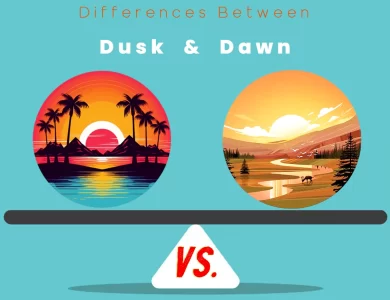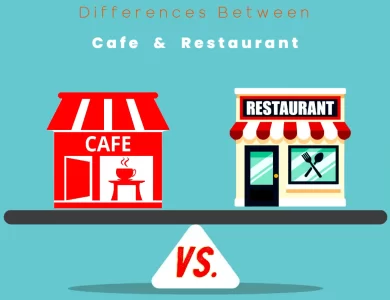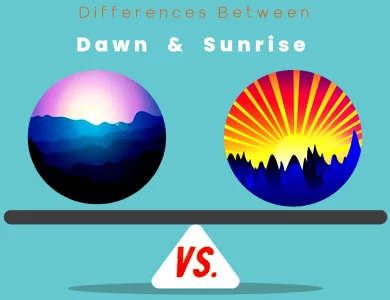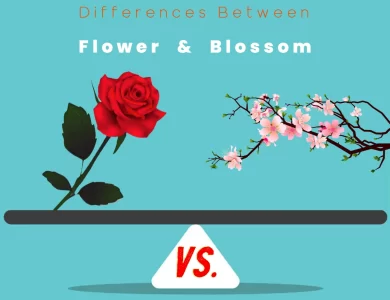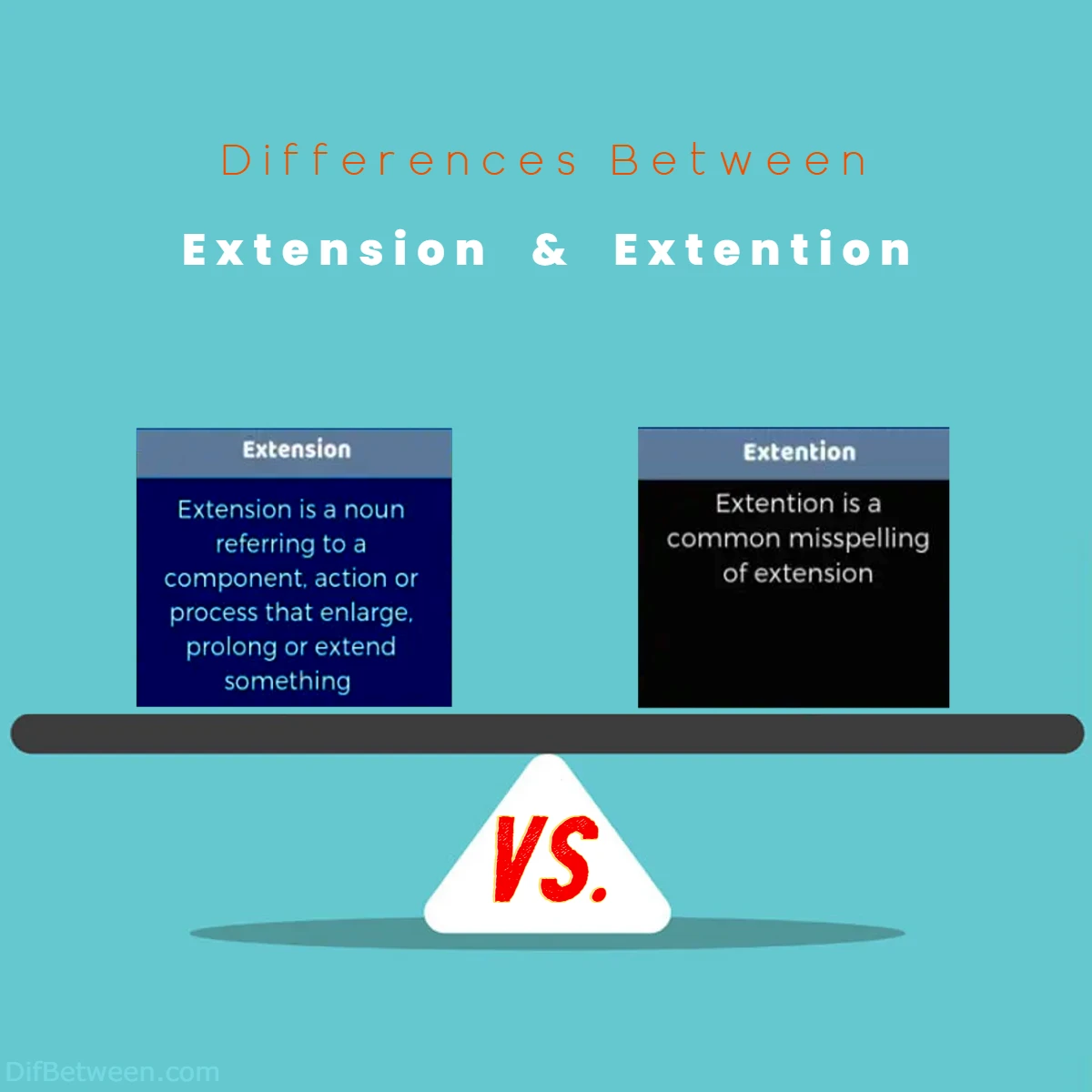
| Aspect | Extension | Extention (Incorrect) |
|---|---|---|
| Definition | The act of making something longer, larger, or more extensive. | Not a recognized word in standard English. |
| Spelling | Correct spelling with one “t” between “n” and “s.” | Incorrect spelling with two “t”s between “n” and “s.” |
| Origin | Originated from the Latin word “extensio,” meaning “a stretching out.” | No established origin or etymology. |
| Common Mistakes | Generally not misspelled in standard English. | Often mistakenly used due to phonetic similarity. |
| Usage | – Refers to physical length and making something larger. – Applies to timeframes, computing, and telecommunications. | Incorrect and should be avoided. |
| Legitimacy | A recognized and accepted word in standard English. | Not a legitimate word in standard English. |
| Regional Variations | Widely accepted and used in various English-speaking regions. | Not used in any English-speaking regional variation. |
| Legal and Business Contexts | Used to indicate the extension of contracts, agreements, and deadlines. | Not applicable in legal or business contexts due to incorrect spelling. |
| Synonyms | – Expansion – Continuation | No synonyms as it’s not a recognized word. |
| SEO Impact | Proper use enhances content credibility. | Use can negatively impact content quality and SEO. |
| Content Quality | Contributes to clear and accurate communication. | Use undermines content quality and professionalism. |
| Recommendation | Always use “Extension” in appropriate contexts. | Avoid using “Extention”; opt for “Extension” for clarity and correctness. |
At first glance, the difference between “Extension” and “Extention” might appear trivial, but understanding their proper usage is crucial for clear and effective communication. While “Extension” is a recognized word with a rich history and a multitude of applications, “Extention” is more like an uninvited guest in the English language party. It’s that quirky spelling error that occasionally sneaks into our writing but should be promptly escorted out.
Differences Between Extension and Extention
The main differences between “Extension” and “Extention” lie in their spelling and recognition. “Extension” is the correct and established term, referring to the act of making something longer or larger, with various applications in time, length, computing, and telecommunications. On the other hand, “Extention” (with two “t”s) is not a legitimate word in standard English; it’s considered a misspelling. To ensure precise and effective communication, it’s essential to stick with “Extension” in your writing and avoid the use of “Extention.” These distinctions may seem subtle, but they can significantly impact the clarity and credibility of your content.
Definition and Usage
Extension
Extension is a noun that refers to the action of making something longer or larger or the state of being made longer or larger. It is often used in various contexts to indicate the stretching or prolongation of something, either in the physical or abstract sense. Here are some common uses of “extension”:
- Physical Length: In the context of physical objects, an extension is something added to increase its length. For instance, you can add an extension cord to reach a distant power source.
- Time: When discussing timeframes, an extension refers to a prolongation or continuation of a particular period. For example, a project deadline might receive an extension.
- File Types: In computing, an extension is the suffix added to a filename, usually indicating the format or type of a file (e.g., “.txt” for text files, “.jpg” for image files).
- Phone Numbers: The extension in a phone number is an additional set of digits that directs a call to a specific department or individual within an organization.
Extention
Now, let’s talk about extention (with two “t”s). It’s important to note that “extention” is not a standard English word. While it may appear in informal writing, it is considered a misspelling of “extension.” Therefore, it does not have a distinct meaning or usage separate from “extension.”
Spelling and Origin
Extension
The word extension has a straightforward spelling with a single “t” between the “n” and “s.” It originated from the Latin word “extensio,” which means “a stretching out.” This word entered the English language during the 16th century, and its spelling has remained consistent over time.
Extention
Extention, on the other hand, is a misspelling of “extension” that has no established origin or etymology. It likely arises from typographical errors or phonetic confusion but does not have a legitimate linguistic basis.
Common Mistakes
Extension vs. Extention
One of the most common mistakes in written communication is using “extention” instead of “extension.” This error is primarily due to the phonetic similarity between the two words. However, it’s essential to recognize that “extention” is not a recognized word in standard English, and using it in formal or professional contexts can be considered incorrect.
To avoid this mistake, always remember to use the correct spelling, “extension,” when referring to the act of stretching or prolonging something.
When to Use Each Word?
Extension
- Use extension when you want to indicate the act of making something longer, larger, or more extensive.
- Use it when discussing timeframes, additional components, or the lengthening of a physical object.
- Use it in a computing context to refer to the file type indicator at the end of a filename.
Extention
- Avoid using “extention” altogether as it is not a recognized word in standard English. Always use “extension” instead.
Examples in Sentences
Extension
- Physical Length: Sarah added an extension to her dining table to accommodate more guests during the holiday dinner.
- Time: Due to unexpected delays, the company granted a one-week extension for completing the project.
- File Types: Please ensure that you save the document with the “.pdf” extension for compatibility.
- Phone Numbers: To reach the IT department, dial the main line and then enter the extension for technical support.
Extention
It’s important to reiterate that “extention” is not a valid word in standard English, so it should not be used in sentences. Always use “extension” when appropriate.
Usage in Legal and Business Contexts
Extension
In legal and business contexts, the term extension plays a crucial role. It often refers to the act of extending or prolonging legal agreements, contracts, or deadlines. For instance:
- Contracts: If two parties agree to extend the terms of a contract, they are granting an extension, allowing more time for performance or negotiation.
- Leases: Landlords may grant a lease extension to tenants, providing them with a longer period to occupy the property.
Extention
“Extention” is not used in legal or business contexts, and attempting to use it in such settings can be viewed as unprofessional or erroneous. Stick with the correct term, “extension,” to maintain clarity and precision in your legal and business communication.
Regional and Dialectical Variations
Extension
The word extension is widely accepted and used in various English-speaking regions and dialects around the world. Whether you’re in the United States, the United Kingdom, Australia, or any other English-speaking country, “extension” remains the correct and consistent spelling.
Extention
As mentioned earlier, “extention” is not a recognized word in any regional or dialectical variation of English. It is considered a misspelling and should be avoided in all forms of written and spoken communication.
Homophones and Confusion
Extension
One reason for the confusion between “extension” and “extention” lies in their phonetic similarity. Both words sound nearly identical when spoken aloud, which can lead to inadvertent misspellings in written communication.
Extention
To avoid the common mistake of using “extention,” it’s crucial to remember that the correct spelling is “extension” in all contexts.
Synonyms and Related Terms
Extension
While “extension” is the most commonly used term in discussions involving the act of stretching or prolonging, there are synonyms and related terms you might encounter:
- Expansion: Similar to extension, “expansion” refers to making something larger or more extensive.
- Continuation: This term emphasizes the idea of maintaining or continuing something, often used in the context of time.
Extention
“Extention” does not have synonyms or related terms because it is not a recognized word.
Impact on SEO and Content Quality
In the realm of SEO (Search Engine Optimization) and content creation, using correct spelling and grammar is paramount. Search engines like Google reward high-quality content that provides accurate and reliable information. Using incorrect words like “extention” instead of “extension” can negatively impact your content’s credibility and SEO performance.
Practical Tips for Proper Usage
To ensure you consistently use the correct term, “extension,” consider these practical tips:
- Proofread: Always proofread your written content to catch any inadvertent misspellings.
- Use Spellcheck: Utilize spell-check tools provided by word processors and content management systems to identify and correct spelling errors.
- Consult Style Guides: Refer to style guides such as The Chicago Manual of Style or The Associated Press Stylebook for guidance on proper word usage and spelling.
- Practice: Regularly practice writing and using the correct term to reinforce your understanding.
Summary and Conclusion
In conclusion, the distinction between “Extension” and “Extention” is clear: “extension” is the correct and widely accepted term, while “extention” is an erroneous misspelling. Understanding and consistently using the proper word is essential for effective communication, whether in everyday conversations, formal writing, legal documents, or business agreements. By adhering to the correct spelling and usage of “extension,” you’ll maintain linguistic precision and convey your ideas accurately in any context. So, embrace the ‘s’ and ‘i’ in “extension” for clarity and correctness!
FAQs
The primary difference lies in spelling and legitimacy. “Extension” is the correct and recognized term, while “Extention” (with two “t”s) is a misspelling and not a valid word in standard English.
No, they cannot. “Extension” is the proper word to use when referring to the act of making something longer or larger. “Extention” is not a valid word and should be avoided.
Yes, “Extension” is used in various contexts, including physical length (e.g., an extension cord), time (e.g., project deadline extension), computing (e.g., file extensions), and telecommunications (e.g., phone extensions).
The confusion arises from the phonetic similarity between the two words. However, “Extention” is incorrect and should be attributed to typographical errors or misunderstanding.
Yes, using “Extention” in written content can affect its credibility and professionalism. It’s crucial to use the correct term, “Extension,” for clarity and accuracy.
To avoid confusion, always use “Extension” when referring to the act of stretching or prolonging something. Proofread your content and utilize spell-check tools to catch any inadvertent misspellings.
No, “Extention” is not considered acceptable in any formal or informal context. Always choose “Extension” for clear and accurate communication.
Read More:
Contents
- Differences Between Extension and Extention
- Definition and Usage
- Spelling and Origin
- Common Mistakes
- When to Use Each Word?
- Examples in Sentences
- Usage in Legal and Business Contexts
- Regional and Dialectical Variations
- Homophones and Confusion
- Synonyms and Related Terms
- Impact on SEO and Content Quality
- Practical Tips for Proper Usage
- Summary and Conclusion
- FAQs


